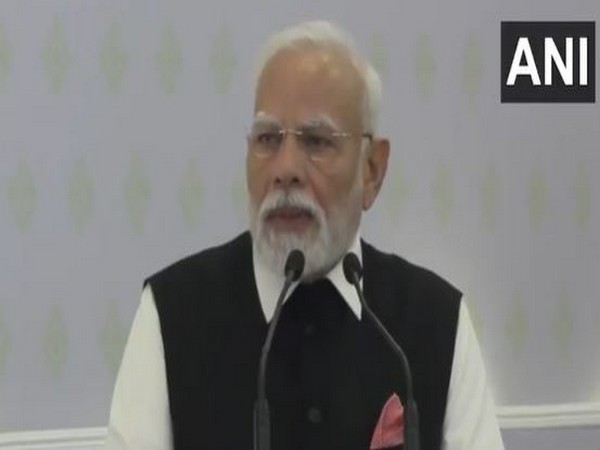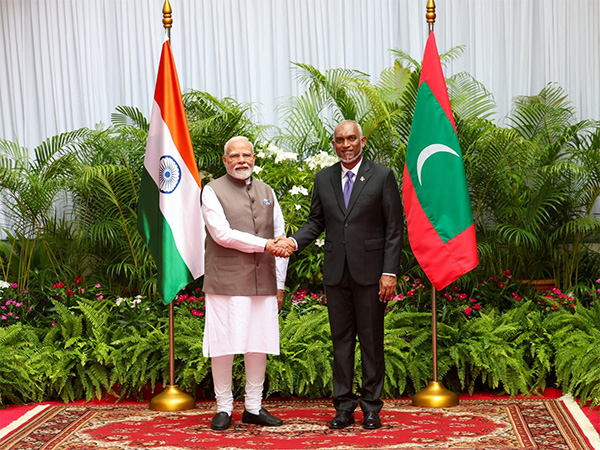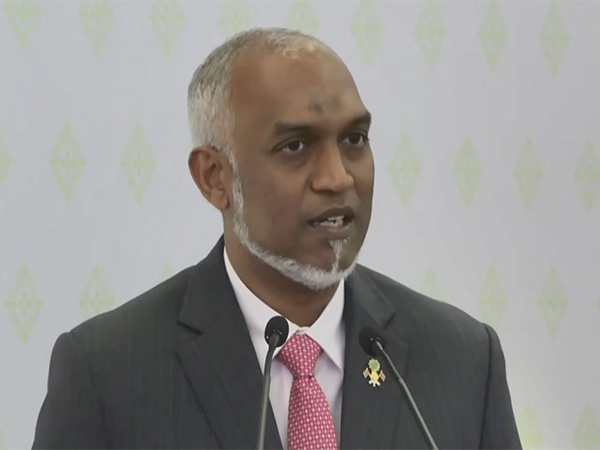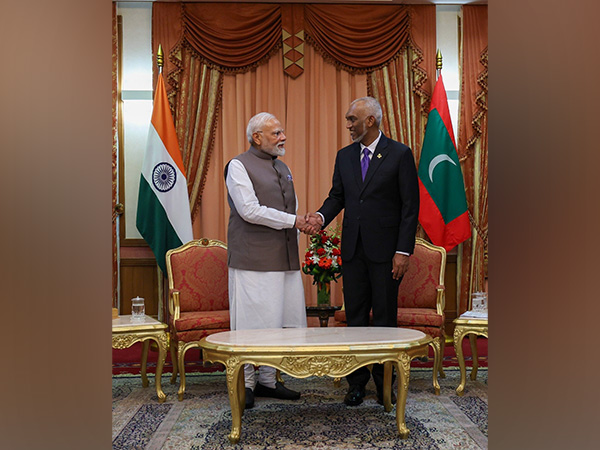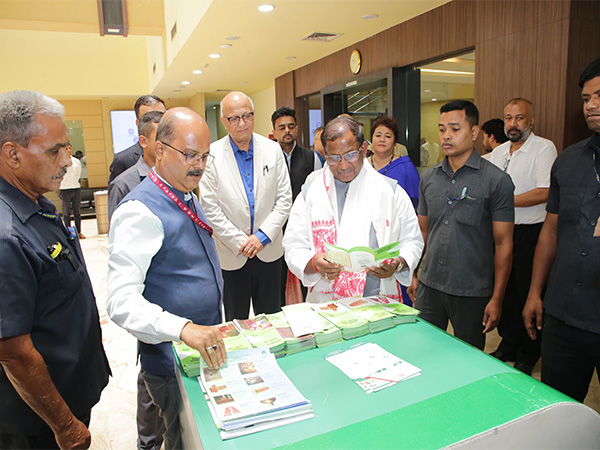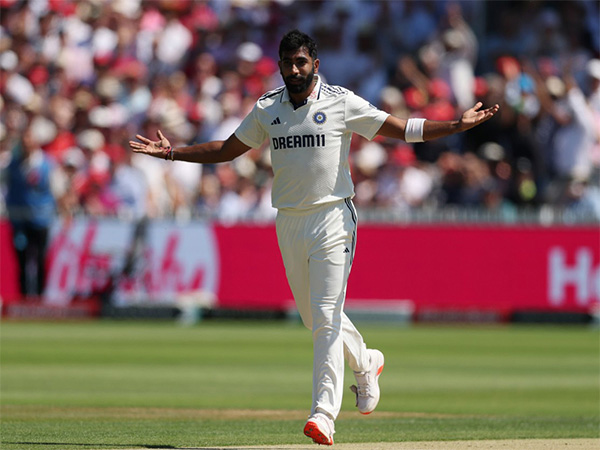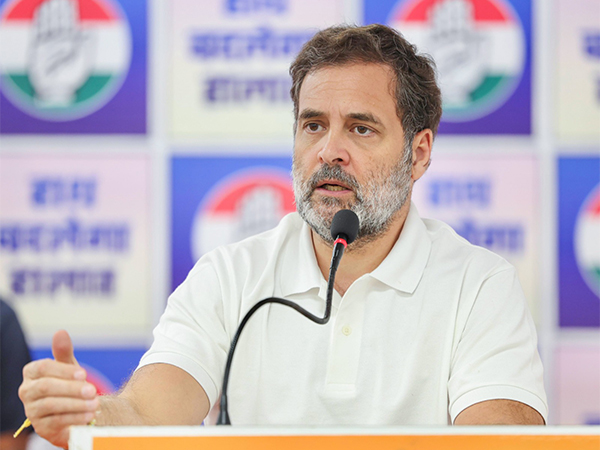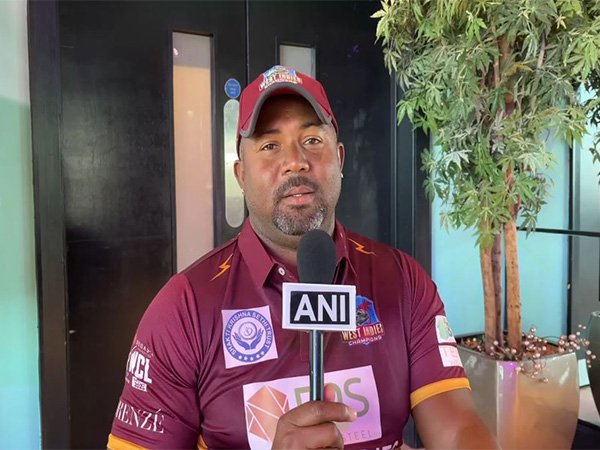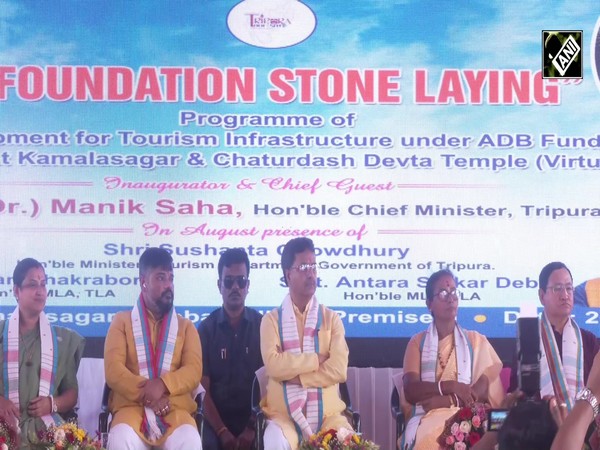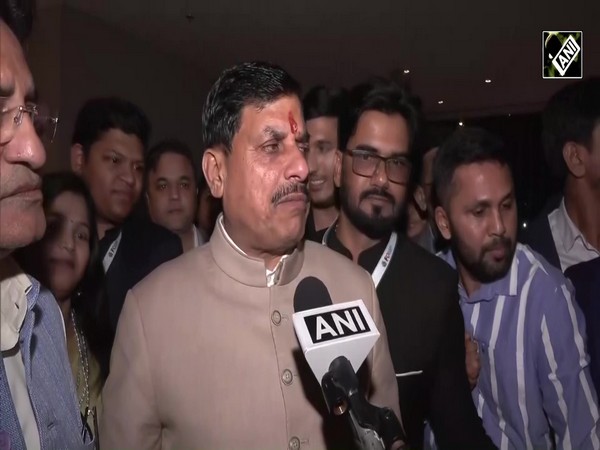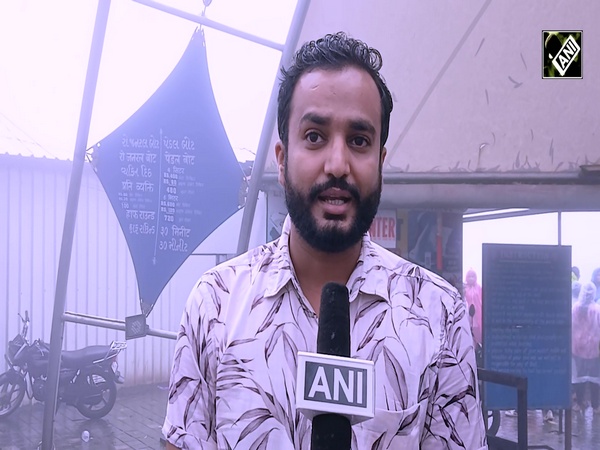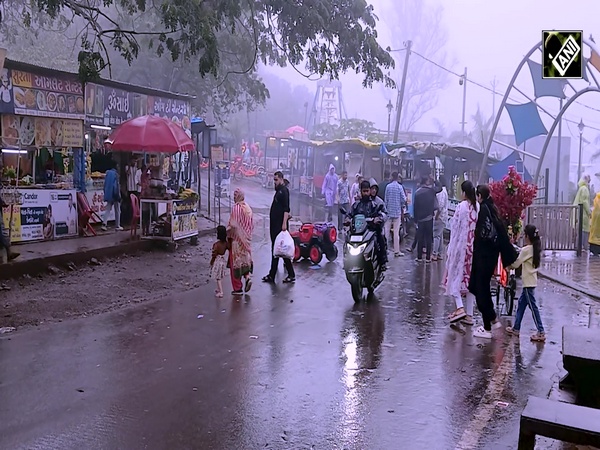Pakistan opposition 'weak stance' delaying revolution against Imran Khan govt: Report
Jan 30, 2021

Islamabad [Pakistan], January 30 : Pakistan Democratic Movement (PDM), a joint alliance by 11 opposition parties, has vowed to remove the 'selected' government of Prime Minister Imran Khan, however, the "revolution" is being delayed or postponed because of the member-parties "weak stance", reported Pakistani newspaper The Nation.
Many experts in Pakistan feel that Khan's government will not go anywhere because he and the country's army are on the "same page" and anti-army stance by former Prime Minister Nawaz Sharif has impacted the political vote, said columnist Sulman Ali.
The PDM launched its movement from Gujranwala in October last year, where former prime minister Nawaz Sharif's address shocked many. During his video link speech, Sharif directly blamed the military for toppling his government. "You can seize my properties, can declare me traitor, if you want, but Nawaz Sharif will continue to talk to his people," said the former premier.
Moreover, Nawaz's daughter and Pakistan Muslims League- Nawaz (PML-N) Vice President Maryam Nawaz Sharif also criticised the establishment.
"The army establishment should not side one political party and should be very careful," she said during a speech.
The opposition has been blaming the military for bringing Khan to the office of prime minister. The opposition believes that the military 'selected' Khan through massive rigging in 2018 elections. PDM has vowed that Khan's government will end soon. Even, the PML-N has claimed that the current government will end in January 2021.
"Imran Khan's government would be sent packing following Pakistan Democratic Movement's protest campaign," Maryam Nawaz said.
According to them, the establishment took the vote of the public and established the government for their choice. Since 2018, the opposition is all ready to go head-to-head with the military establishment. On multiple occasions, the opposition expressed such sentiments, that a revolution seemed around the corner.
"But experts ask why that 'revolution' is postponed or delayed every time? Many feel it is because of a weak stance by the opposition. There have always been reports and rumours of PMLN's 'deal' with the establishment. The current example is Nawaz Sharif's departure to London after remaining in hospital for days. The former premier not only got bail but was also allowed to fly abroad," wrote columnist Ali in The Nation.
The second major party in PDM is Pakistan Peoples Party (PPP) and its co-chairman Bilawal Bhutto Zardari has said that he was shocked, when Nawaz Sharif took the name of Pakistan Army chief Qamar Javed Bajwa directly.
"It was a shock for me because, typically, we don't talk like this at rallies. But Nawaz heads his own party and I can't control what he says, just like he can't control what I say," Bilawal said. The PPP's presence at the PDM rallies has gradually declined in recent weeks.
Later on, the PML-N was seen changing the stance as Maryam Nawaz said her party is ready to hold talks with the establishment, "provided that the PTI government is dismantled" adding that "the army is my institution." "Although it appears to be a normal statement, if you take the recent statements and attitude of PML-N in the recent past, then it would seem to be a major shift," Ali wrote.
"Earlier, the PML-N's top leadership has repeatedly targeted military for its role in politics, and now it is ready to talk, if Khan's government ends. Is the opposition's main stance changing? Or is it ready to 'compromise'? Many experts feel that Khan's government will not go anywhere because he and army are on the 'same page'. The strict anti-army stance has further impacted the political vote and reputation of PML-N. Even some old PML-N leaders have slammed Nawaz and some left the party over Nawaz's statement against Bajwa," he wrote.
"Many say that Sharif cannot just ask people to come on roads for an anti-army revolution, when he himself is sitting in London. For many experts it is a long process, which needs a huge commitment by political leaders, who should not sign a 'deal' with the establishment for own convenience and then criticize it," he added.
